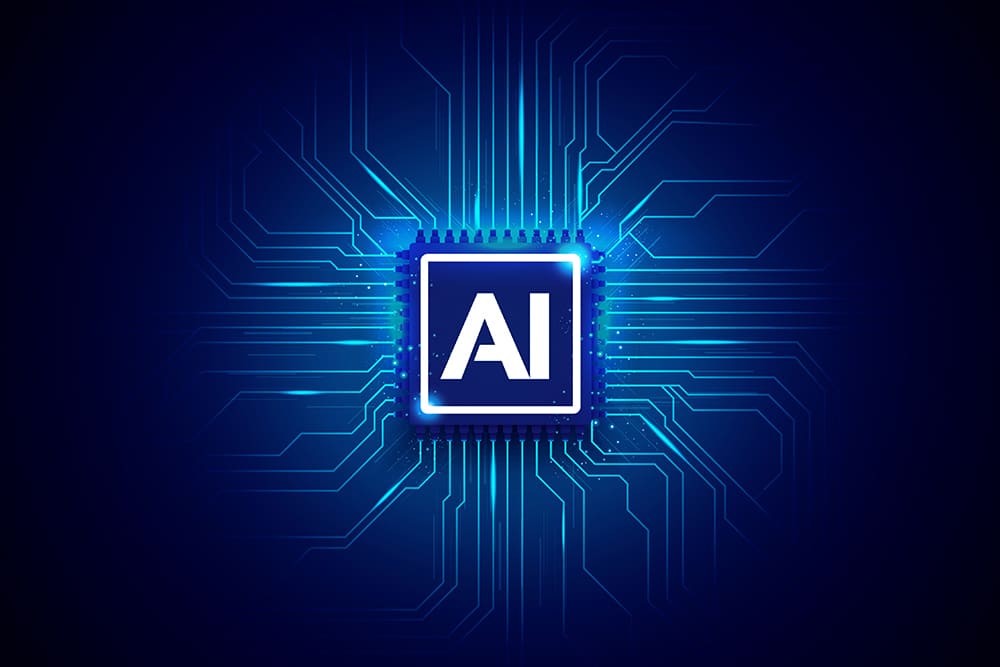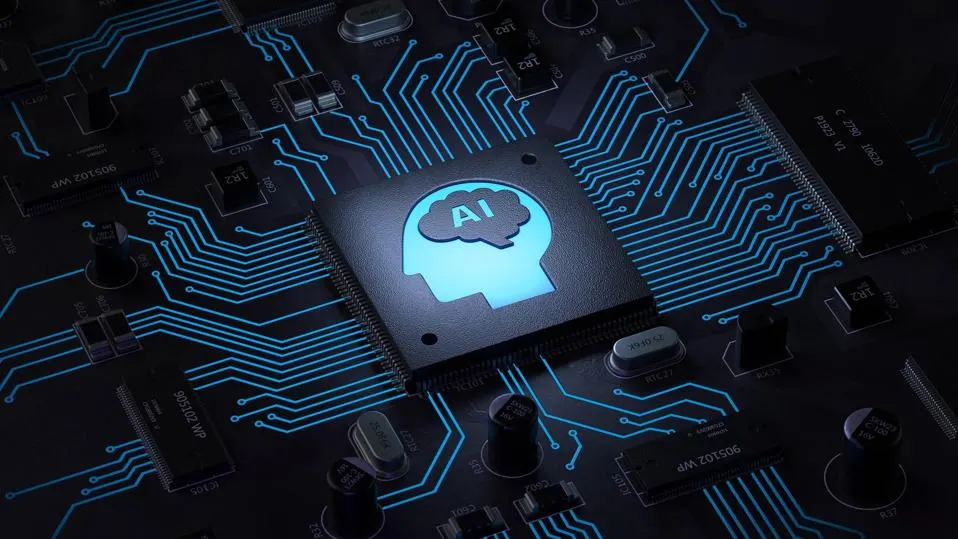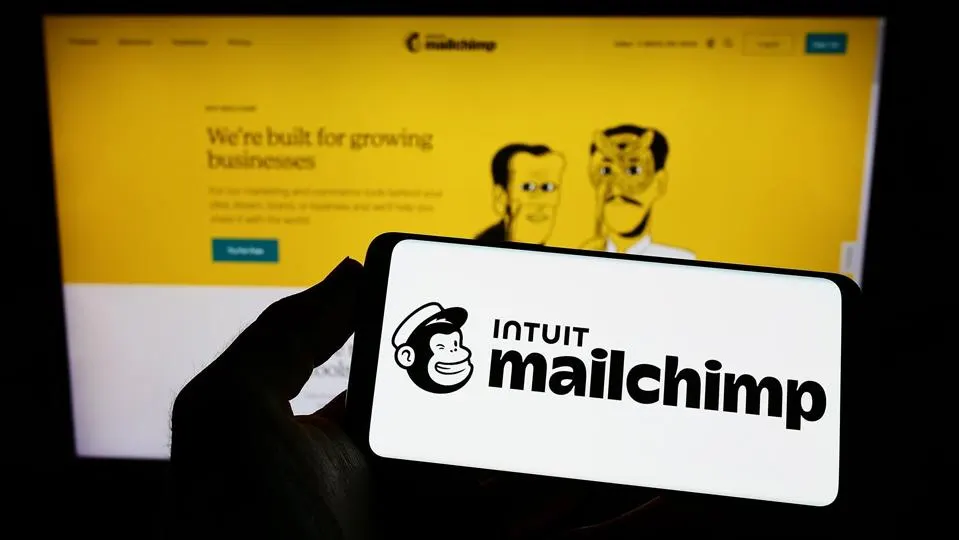The 7 Biggest Artificial Intelligence (AI) Trends In 2022
4 October 2021
In 2022, we will see artificial intelligence continue along the path to becoming the most transformative technology humanity has ever developed. According to Google CEO Sundar Pichai, its impact will be even greater than that of fire or electricity on our development as a species. This may seem like a very ambitious claim, but considering it is already being used to help us tackle climate change, explore space, and develop treatments for cancer, the potential is clearly there.

The full scale of the impact that giving machines the ability to make decisions – and therefore enable decision-making to take place far more quickly and accurately than could ever be done by humans – is very difficult to conceive right now. But one thing we can be certain of is that in 2022 breakthroughs and new developments will continue to push the boundaries of what’s possible. Here’s my pick of the key areas and fields where those breakthroughs will occur in 2022:
The augmented workforce
There have always been fears that machines or robots will replace human workers and maybe even make some roles redundant. However, as companies navigate the process of creating data and AI-literate cultures within their teams, we will increasingly find ourselves working with or alongside machines that use smart and cognitive functionality to boost our own abilities and skills. In some functions, such as marketing, we’re already used to using tools that help us determine which leads are worth pursuing and what value we can expect from potential customers. In engineering roles, AI tools help us by providing predictive maintenance – letting us know ahead of time when machines will need servicing or repairing. In knowledge industries, such as law, we will increasingly use tools that help us sort through the ever-growing amount of data that's available to find the nuggets of information that we need for a particular task. In just about every occupation, smart tools and services are emerging that can help us do our jobs more efficiently, and in 2022 more of us will find that they are a part of our everyday working lives.
Bigger and better language modeling
Language modeling is a process that allows machines to understand and communicate with us in language we understand – or even take natural human languages and turn them into computer code that can run programs and applications. We have recently seen the release of GPT-3 by OpenAI, the most advanced (and largest) language model ever created, consisting of around 175 billion “parameters”- variables and datapoints that machines can use to process language. OpenAI is known to be working on a successor, GPT-4, that will be even more powerful. Although details haven’t been confirmed, some estimate that it may contain up to 100 trillion parameters, making it 500 times larger than GPT-3, and in theory taking a big step closer to being able to create language and hold conversations that are indistinguishable from those of a human. It will also become much better at creating computer code.
AI in cybersecurity
This year the World Economic Forum identified cybercrime as potentially posing a more significant risk to society than terrorism. As machines take over more of our lives, hacking and cybercrime inevitably become more of a problem, as every connected device you add to a network is inevitably a potential point-of-failure that an attacker could use against you. As networks of connected devices become more complex, identifying those points of failure becomes more complex. This is where AI can play a role, though. By analyzing network traffic and learning to recognize patterns that suggest nefarious intentions, smart algorithms are increasingly playing a role in keeping us safe from 21st-century crime. Some of the most significant applications of AI that we will see develop in 2022 are likely to be in this area.
AI and the Metaverse
The metaverse is the name given for a unified persistent digital environment, where users can work and play together. It’s a virtual world, like the internet, but with the emphasis on enabling immersive experiences, often created by the users themselves. The concept has become a hot topic since Mark Zuckerberg spoke about creating it by combing virtual reality technology with the social foundations of his Facebook platform.
AI will undoubtedly be a lynchpin of the metaverse. It will help to create online environments where humans will feel at home at having their creative impulses nurtured. We will also most likely become used to sharing our metaverse environments with AI beings that will help us with tasks we’re there to do, or just be our partner for a game of tennis or chess when we want to relax and unwind.
Low-code and no-code AI
A big barrier to the adoption of AI-driven efficiency in many companies is the scarcity of skilled AI engineers who can create the necessary tools and algorithms. No-code and low-code solutions aim to overcome this by offering simple interfaces that can be used, in theory, to construct increasingly complex AI systems. Much like the way web design and no-code UI tools now let users create web pages and other interactive systems simply by dragging and dropping graphical elements together, no-code AI systems will let us create smart programs by plugging together different, pre-made modules and feeding them with our own domain-specific data. Technologies such as natural language processing and language modeling (see above) mean that soon it may be possible to use nothing more than our voice or written instructions. All of this will play a key role in the ongoing "democratization” of AI and data technology.
Autonomous vehicles
AI is the "brains" that will guide the autonomous cars, boats, and aircraft that are set to revolutionize travel and society over the coming decade. 2022 should be a year to remember when we look back in the future and contemplate with horror the fact that we thought it was normal that 1.3 million people died of traffic accidents every year, 90% of which were caused by human error!
As well as increasingly effective autonomous cars – Tesla says its cars will demonstrate full self-driving capability by 2022, although it’s unlikely they will be ready for general use. Its competitors include Waymo (created by Google), Apple, GM, and Ford, and any of them can be expected to announce major leaps forward in the next year. The year will hopefully also see the first autonomous ship crossing the Atlantic, as the Mayflower Autonomous Ship (MAS), powered by IBM and designed in partnership with non-profit ProMare, will once again attempt the journey (having been forced to turn back during its initial attempt this year).
Creative AI
We know that AI can be used to create art, music, poetry, plays, and even video games. In 2022, as new models such as GPT-4 and Google’s Brain redefine the boundaries of what’s possible, we can expect more elaborate and seemingly “natural” creative output from our increasingly imaginative and capable electronic friends. Rather than these creations generally being demonstrations or experiments to show off the potential of AI, as is the case now, in 2022, we will increasingly see them applied to routine creative tasks, such as writing headlines for articles and newsletters, designing logos and infographics. Creativity is often seen as a very human skill, and the fact we are now seeing these capabilities emerging in machines means “artificial” intelligence is undeniably coming closer in terms of scope and function to the somewhat nebulous concept we have of what constitutes “real” intelligence.
Related Articles
How Generative AI Will Change The Job Of Real Estate Agents
Real estate agents and other professionals in their industry are in the business of selling good old-fashioned solid bricks and mortar.[...]
How BCG Is Revolutionizing Consulting With AI: A Case Study
In a world where AI is transforming every sector, companies are constantly seeking ways to gain a competitive edge.[...]
The Biggest Education Trends Of The Next 10 Years
Education is changing rapidly. In today’s fast-moving world, a model where we graduate in our youth prepared for a lifelong career is simply no longer valid.[...]
Is This AI’s IPhone Moment?
Today, the term “iPhone moment” is frequently used to refer to a technology breaking through into the mainstream.[...]
AI Politicians: The Future Of Democracy Or A Threat To Freedom?
2024 is a big year for democracy, with over two billion of us voting in elections across the US, India, the EU, the UK and many other countries and territories.[...]
How Mailchimp Hopes To Build The End-To-End AI Solution For SMEs
I often write about AI's potential to transform any business. Yet, a question I frequently get from small businesses is, "Does that really include us?"[...]
Sign up to Stay in Touch!
Bernard Marr is a world-renowned futurist, influencer and thought leader in the fields of business and technology, with a passion for using technology for the good of humanity.
He is a best-selling author of over 20 books, writes a regular column for Forbes and advises and coaches many of the world’s best-known organisations.
He has a combined following of 4 million people across his social media channels and newsletters and was ranked by LinkedIn as one of the top 5 business influencers in the world.
Bernard’s latest book is ‘Generative AI in Practice’.










Social Media